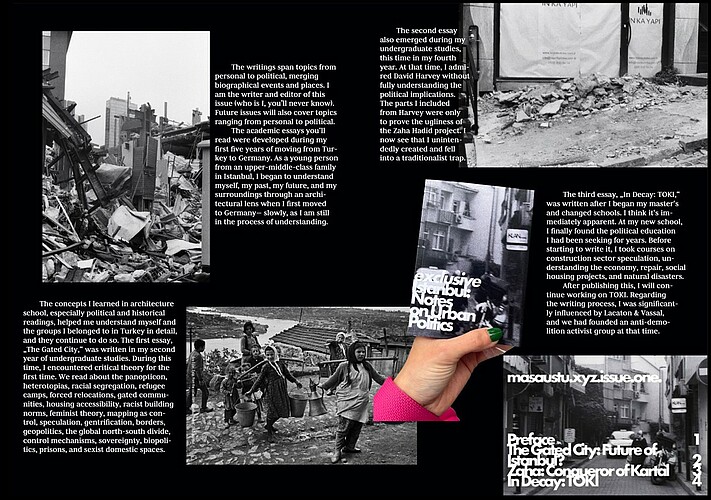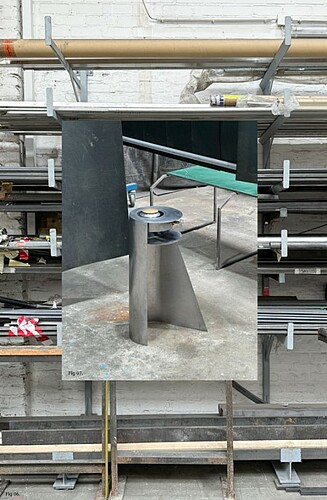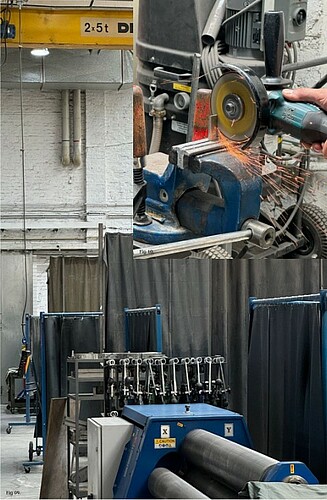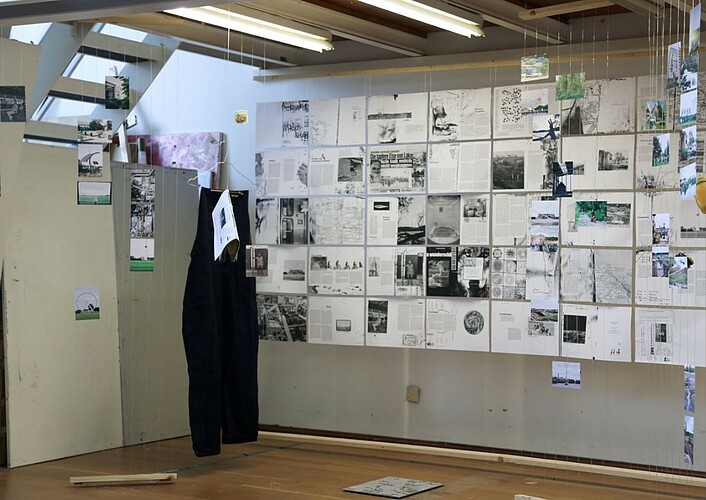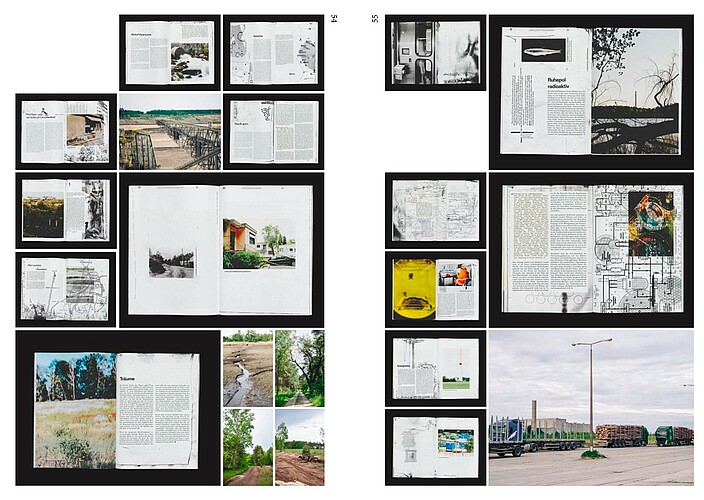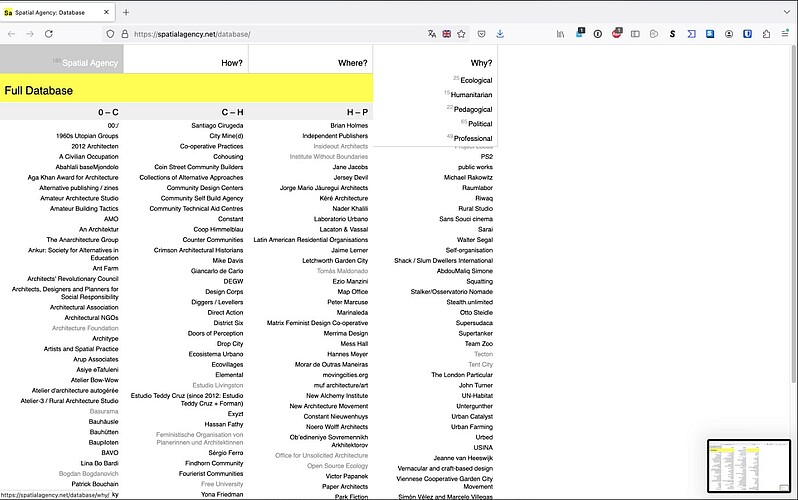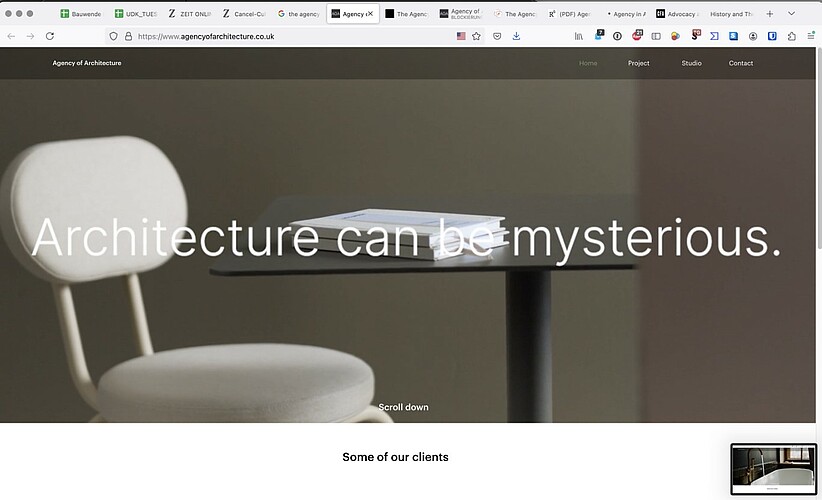studio raumproduktion 24/25: do what you want - agency of architecture
"Do What You Want" is our interest-driven design project. It is an experimental space for radical independence—a safe space for exploring uncertainties and allowing mistakes along the way in one’s project work. The first step in the "Do What You Want" design project is developing your own question. This requires both creative and critical thinking and action. The goal is to formulate a question that stems from personal interest while offering space for deep research and reflection. This opens up a process where students can question and further develop their ideas. The question forms the foundation for the entire project, setting the framework but also leaving enough freedom to explore new approaches and methods. Creativity and critical analysis merge here into an integral part of the thought process, which significantly shapes the course of the project. Throughout the work process, uncertainty—deliberately leaving the outcome open—is seen as an opportunity to develop new, unconventional solutions and to initiate transformative processes.
This semester, we have chosen the perspective "Agency of Architecture" as the basis for our shared discussion. This foregrounds the transformative role that architecture can play in social, ecological, and political contexts. Unlike a technical or aesthetic perspective, this approach challenges architects to go beyond the design of objects and to consider their social embedding. By "Agency" (in German, Handlungsmacht), we refer to the ability of architecture to impact society by responding to existing power structures and social challenges.
Our weekly meetings consist of colloquiums and quick pin-ups, moments of reflection, and three presentations. These create a supportive and inspiring learning environment for the very diverse project work.
This course offers the opportunity to explore architecture as a question—a field of experimentation and discourse that moves within the tension between the physical environment, societal issues, and speculative thinking.
